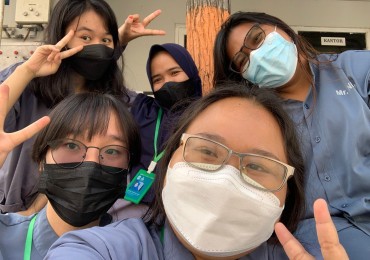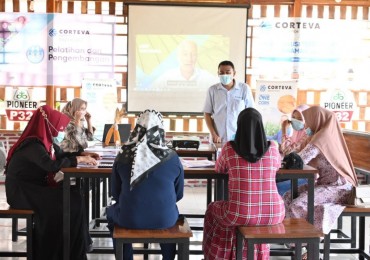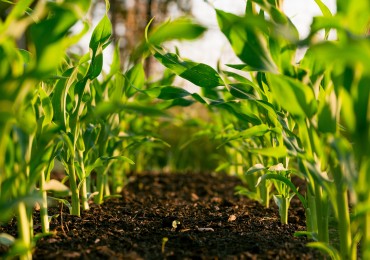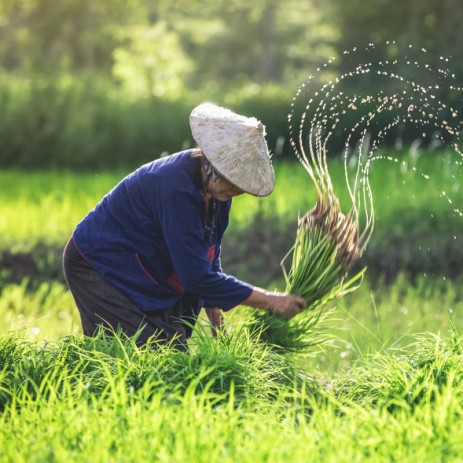news
Agricultural Modernization Increasingly Sophisticated, Where Has Indonesia Been Reached?
29 Dec 2023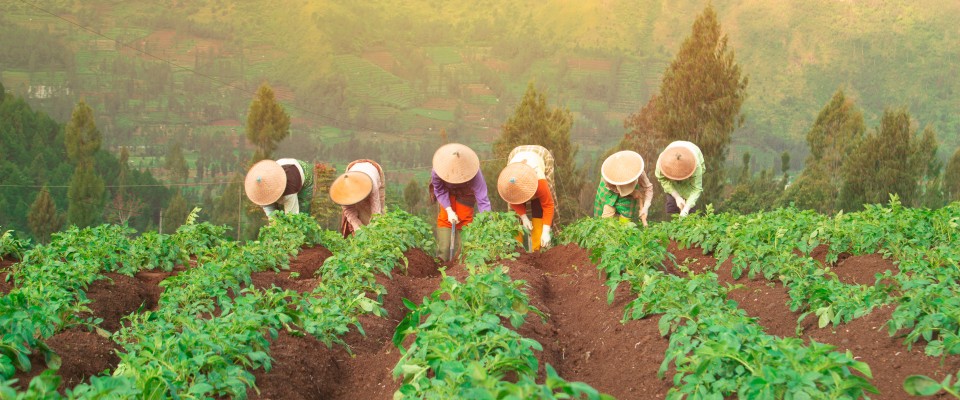
The 5.0 industrial revolution drives various aspects of transformation through the utilization of technology to address social, economic, and environmental challenges in society. In the 5.0 industrial revolution, humans take center stage to create a sustainable, inclusive, and productive society by incorporating technology into everyday life.
As a vital aspect of life, agriculture is a sector that often experiences rapid modernization and digitization. Environmentally friendly agricultural technologies, in the form of farming tools, can enhance farmers' productivity, resulting in high-quality and abundant harvests in a short period of time.
Despite the frequent advancements in agricultural technology, agricultural modernization in Indonesia is still relatively slow compared to neighboring countries such as Thailand, Malaysia, Vietnam, and Singapore. Despite Indonesia being an agrarian country, the available technology is not fully utilized by relevant parties.
The primary factors causing the lag in agricultural modernization in Indonesia include insufficient support from various parties and minimal socialization efforts. Additionally, limited funding and regulations that do not adequately support agricultural technology innovation and investment lead farmers to divert their land for more economically promising activities. However, if all parties commit to intensifying agricultural modernization, farmers can achieve high productivity and competitiveness, creating opportunities for them to strive for prosperity.
It is necessary for the government and various stakeholders to promote agricultural modernization in Indonesia to realize sustainable farming through the following steps:
- Establishing multi-stakeholder collaborations to determine appropriate strategies for addressing the agricultural sector.
- Sustainable and environmentally friendly management of agricultural technology.
- Training and education for farmers related to the implementation of locally based smart farming practices.
- Providing financial support and access to capital for farmers.
- Proper irrigation system management to improve harvest yields.
- Land management for planning appropriate fertilization.
Involving relevant stakeholders, including the government, private sector, and research institutions, is crucial in planning and successfully implementing agricultural modernization.
 Back To List
Back To List

